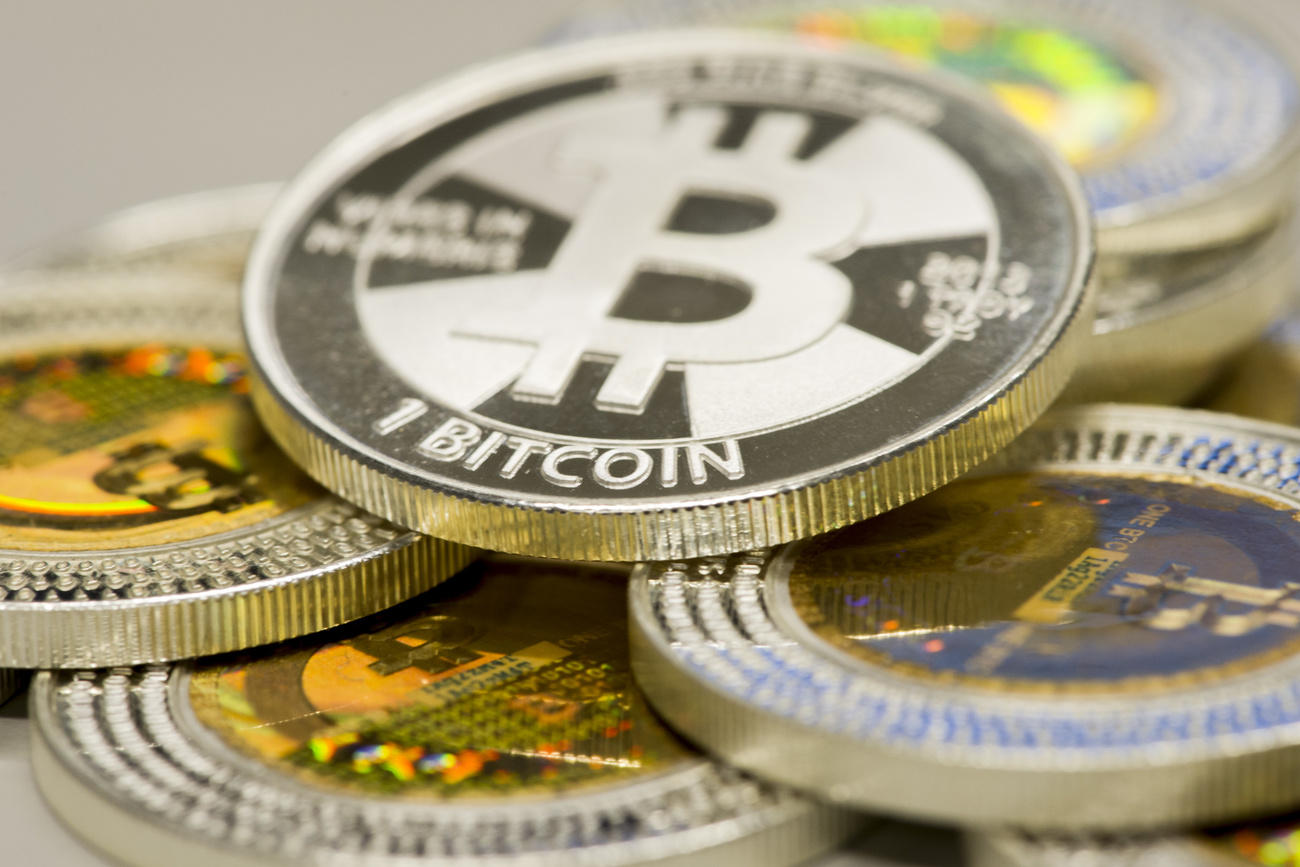Swiss crypto banks attract mega-bucks from investors
Investors have adopted a New Year’s resolution to blow away the dust from their fat cheque books. The beneficiaries are two Swiss crypto banks, SEBA and Sygnum, that have reeled in $200 million in fresh funds.
Sygnum has earmarked its $90 million windfall to finance develop more decentralised finance gateways for clients and to forge commercial partnerships with blockchain systems like Dfinity.
And today, SEBA announced it has raised CHF110 million ($120 million) in a series C funding round from a range of investors, including Switzerland’s Julius Bär bank.
Both banks, which were granted licenses in 2019, say they are eyeing expansion outside of Switzerland and each already has a strong footprint in Asia.
SEBA and Sygnum specialise in the business of digital assets (blockchain compliant versions of company shares and financial instruments), tokenisation (encoding valuables onto blockchains as “tokens”) and decentralised finance (Defi) – (trading digital assets on blockchain-based exchanges).
For example, SEBA has created digital tokens that represent ownership of gold, while Sygnum pulled off the same trick for a Picasso painting.
Risk vs reward
Things get a little more complex with Defi trading. Investors switch their regular currencies for digital versions of that money (or cryptocurrencies) in the hope of making a profit on a digital platform that is governed by code rather than a single identifiable owner.
The Swiss stock exchange is run by a company called SIX Group. The Uniswap, Curve and Aave blockchain exchanges are not owned or governed by any entity or body. They are run by smart contracts, snippets of computer code that automate transactions and payments once certain conditions are met.
Investors add their digital assets into a common pool of funds, which can be traded for other assets or lent out to generate interest payments. The whole system is governed by algorithms that determine profit or loss.
The good news is that automation reduces costs and, for the time being, generates much higher returns than traditional investments. The bad news is that some decentralised platforms are vulnerable to exploitation by fraudsters, coding bugs and hacks.
Professional investors tend to steer away from this type of risk. SEBA and Sygnum have positioned themselves as a conduit between investors and this new world of trading.
An array of notable Defi investors have sunk their money into both banks. Last summer, Deutsche Börse, Germany’s largest stock exchange operator stumped up more than CHF100 million to buy Swiss brokerage firm Crypto Finance. This indicates that the digital assets industry can attract the big bucks regardless of the current price of bitcoin.
A year ago, I noted that the coronavirus pandemic had dried up the mega-rounds of $100 million+ investments amid a drop in funding of Swiss fintech projects in 2020. The latest Swiss Venture Capital report will be released later this month, so it will be interesting to compare figures.
Expansion plans
* As an update, I spoke to the CEOs of SEBA and Sygnum at the Crypto Finance Conference in St Moritz on January 12. Both report a ten-fold increase on revenues in 2021 and are keen to cash in on the growing business.
SEBA is seeking licenses to operate in Hong Kong, Singapore and Abu Dhabi. Sygnum is targeting growth in the Middle East, Luxemburg and Britain and wants to upgrade its capital markets services license in Singapore. Sygnum’s Mathias Imbach said the bank could have raised more funds, but the founders and management did not want to dilute their controlling stake in the company.
The new investors in both banks bring not just money, but also expertise and contacts that can help both banks bridge even deeper into the world of decentralised finance.
For example, Sygnum now has the backing of Hong Kong-based Animoca Brands that has a sizeable reach in the worlds of non-fungible tokens (NFTs) and the Metaverse.
SEBA’s Guido Buehler sees great potential in forging closer links with Alameda Research – a major cryptocurrency trader that is partnered with the FTX crypto exchange.

In compliance with the JTI standards
More: SWI swissinfo.ch certified by the Journalism Trust Initiative











You can find an overview of ongoing debates with our journalists here . Please join us!
If you want to start a conversation about a topic raised in this article or want to report factual errors, email us at english@swissinfo.ch.